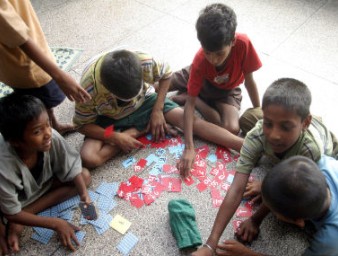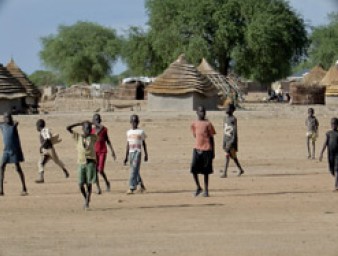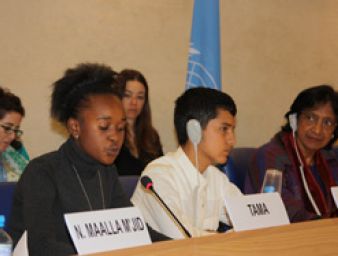For children on the streets there are no soft pillows
17 November 2011
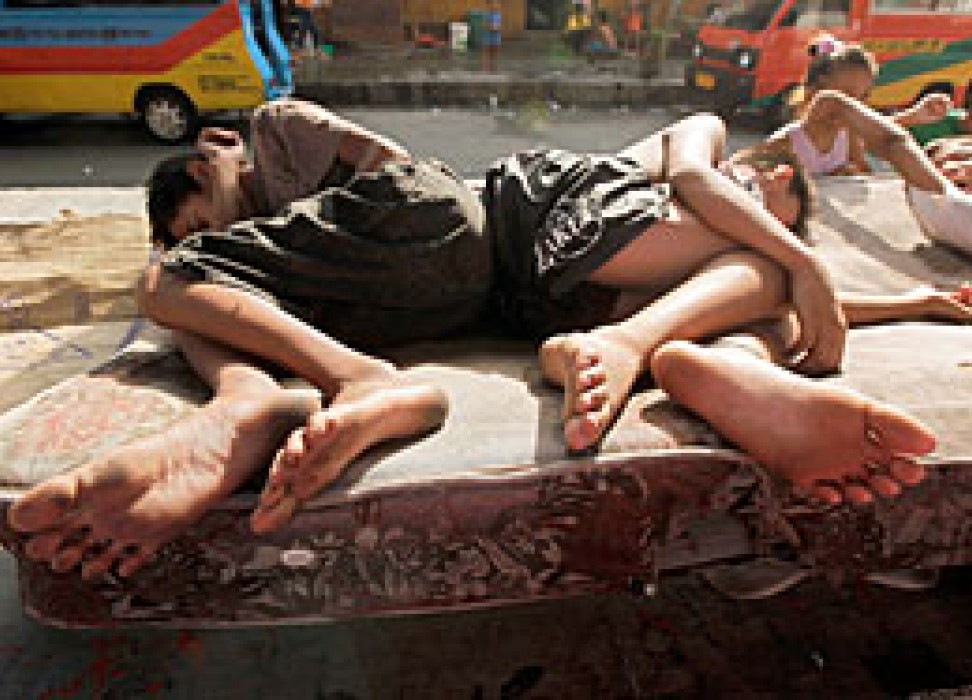
Vartan Melkonian used to sit on the beach in Beirut watching the big cruise ships with their bright lights move in and out of the port. He could hear the sound of distant music and he imagined that one day he too might be a part of that world.
Astonishingly, Melkonian realised his dream, and over the course of his life, has transformed himself from orphan living on the streets of the Lebanese capital to renowned conductor and musician.
Mandi Hewitt, from Durban in South Africa, like Melkonian, also spent time on the streets, not as an orphan but a child fleeing an alcoholic parent and abuse in her community.
Hewitt now campaigns for children who find themselves in the same situation. She runs a business, is married with two children and speaks to international audiences about how to provide pathways to security and success for children who live on the streets. It too is an unimaginable outcome for a person who suffered the deprivations she and her siblings endured on the streets of Durban.
Melkonian and Hewitt told their stories to an audience of researchers and experts in the field of child development and protection at an event in Geneva organised by the UN Human Rights office and supported by Aviva, the Consortium for Street Children and Unicef. They had gathered to discuss and debate how best to achieve progress in caring for children who live on the streets, those who have no homes, and those who have chosen the streets as an escape.
Opening the meeting, senior human rights official, Ibrahim Salama acknowledged that it is not easy to find practical ways of helping children living and/or working on the streets. However, these children, he said, are rights holders with a full potential to contribute to society, and are agents for change.
The UN Special Rapporteur on the sale of children, child prostitution and child pornography Najat Maalla M’jid, said that much of the attention given to the issue is focused on alarmist proclamations that the phenomena is rising. In fact, she said it is impossible to obtain accurate statistics for the number of children living on the streets, not least because the vast majority have no identity papers.
The global concern should be less about rising numbers, M’jid said, and more about the reasons children end up on the street, the risks they face of abuse and exploitation, and the building of a better understanding of the details of their lives on the streets.
Jean Zermatten, Chairperson of the Committee on the Rights of the Child, underscored that the lack of reliable data is a human rights challenge in itself. "We need disaggregated data because this data can tell us what to do, for whom, how to imagine new methods of intervention, better services and tailor-made policies, strategies, programmes and projects," he said.
Offering her perspective after living on the streets of Durban with her siblings, Hewitt said she had two major points to make. All street children, she said, are “to varying degrees traumatized.”
“Any global strategy to empower street children must create a path towards emotional healing… Please make the response to the trauma, a central part of strategies. I have witnessed children who are considered the most affected addicts turn their lives around through a fusion of high-intensity engagement programmes and therapeutic social working programmes,” Hewitt said.
Secondly, Hewitt said, the children of Durban had urged her to highlight their forced removal from areas ahead of international conferences and events. “I have watched children being removed from the city in the months before the FIFA World Cup…These children would return, sometimes days later, saying that they had been dumped, hours outside of the city, and told never to come back,” she said.
“Street children are not rubbish to be cleaned up but traumatized children who have been failed by society,” Hewitt told the delegates.
Melkonian described similar experiences: “We, the children of the streets, were chased away with sticks and stones, even by the police so we were not seen on the streets – as if we were some kind of plague.”
Melkonian began singing he said “to keep his spirits up” and his voice became his salvation. Eventually he was ‘talent spotted’ by a local musician and went on to have a very successful career. Hewitt too was rescued from the street by a friend who took her to a shelter where she was safe and could be educated.
The expert workshop was convened as part of a study commissioned by the Human Rights Council at its March meeting. The Council expressed great concern that the situation of children in many part of the world remains critical and has been negatively affected by the world financial and economic crisis. It requested the UN Human Rights office to examine a holistic, child rights and gender-based approach to protecting and promoting the rights of children working and or living on the streets.
The workshop heard the views of many including presentations on the role of sport in helping children on the street, the problem of drug use, and views from experts working in the Ukraine, Brazil, Egypt, India, Tanzania, and Romania,Hungary, Kenya
“I want to tell you something about the sunset,“ Melkonian said. “Normal people take moments of pleasure from looking at the sun setting in the sea, whereas for me and street children one of the cruellest, cruellest times of the day is the time of sunset. When I finished my survival day on the streets of the city… we had no home to go to. We had no soft pillow to rest our little heads upon."
17 November 2011
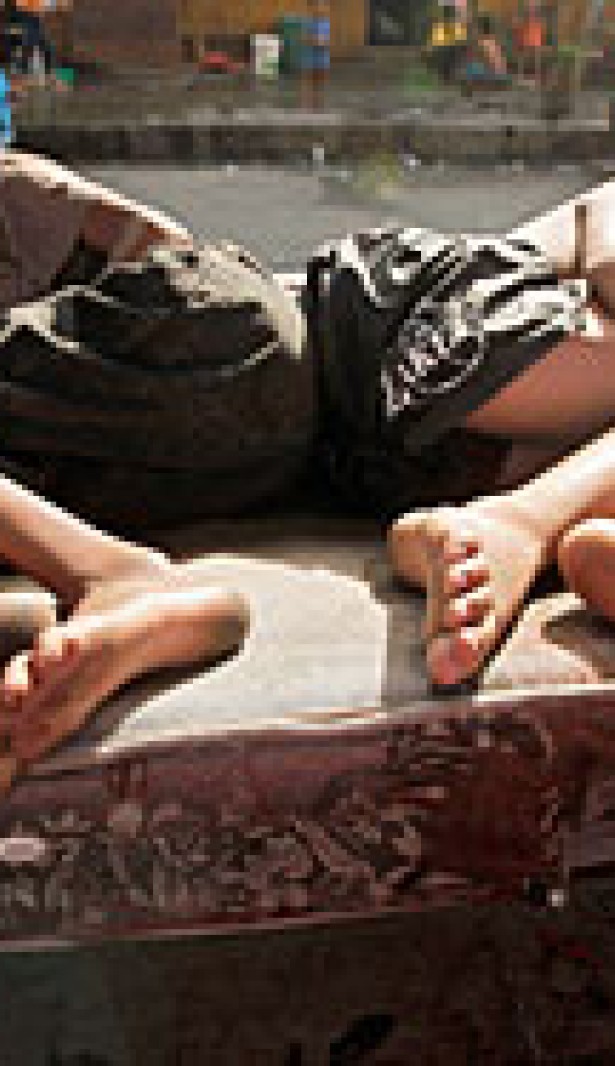
VIEW THIS PAGE IN:
